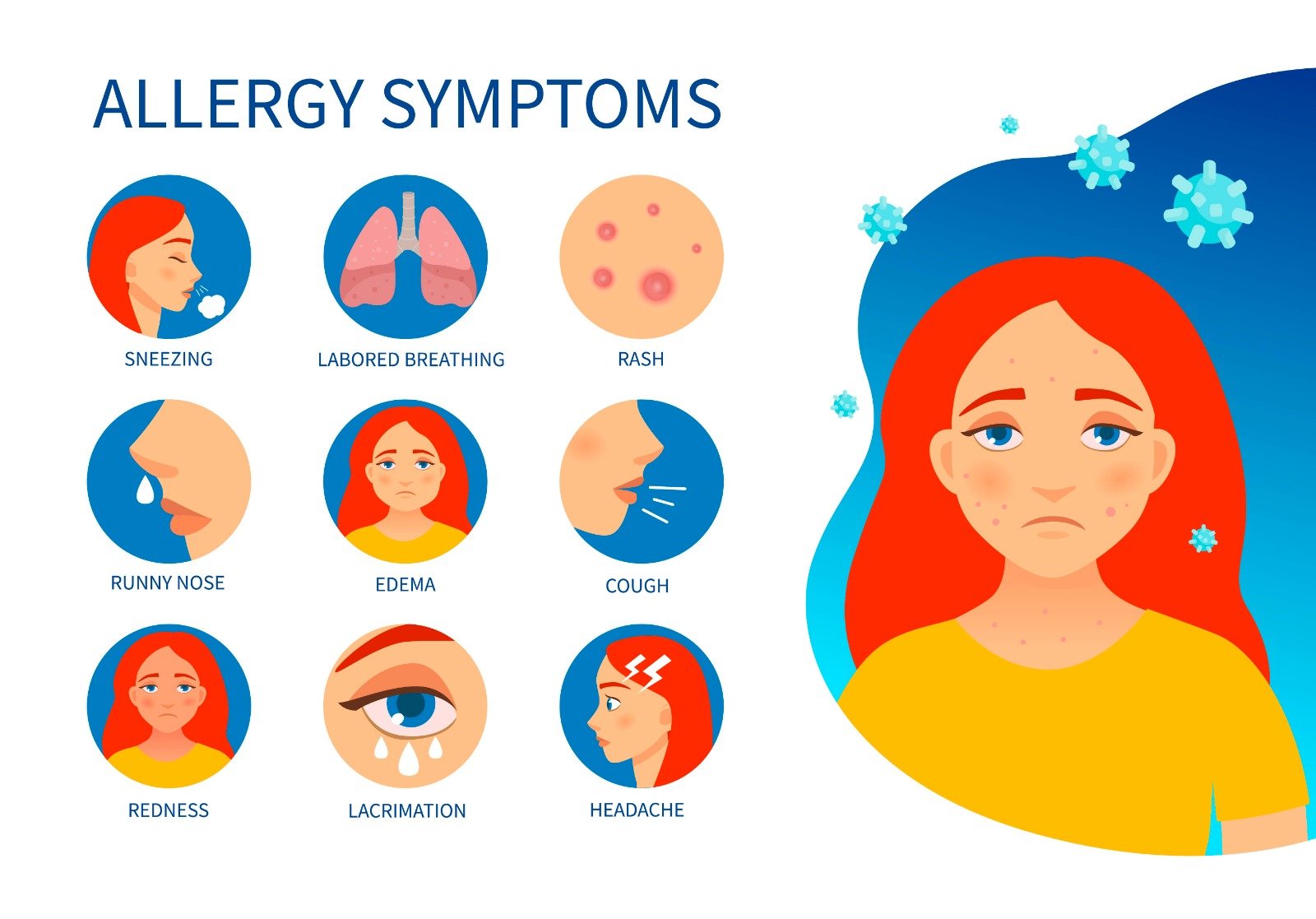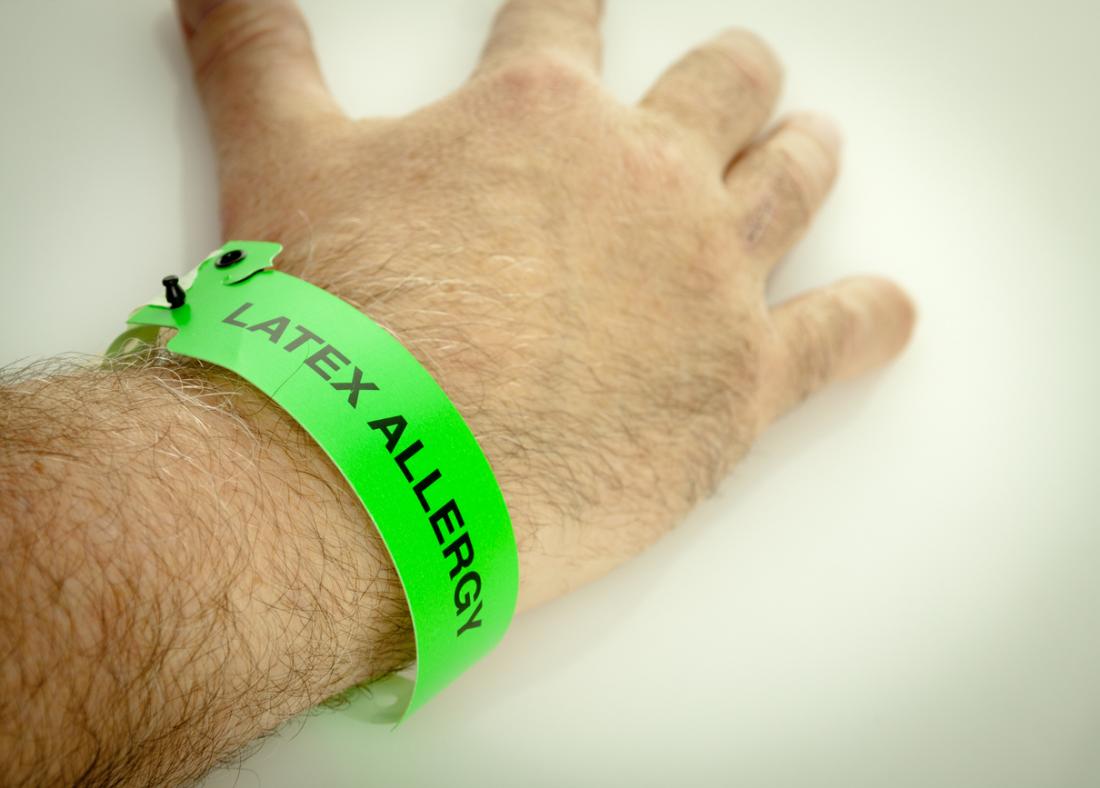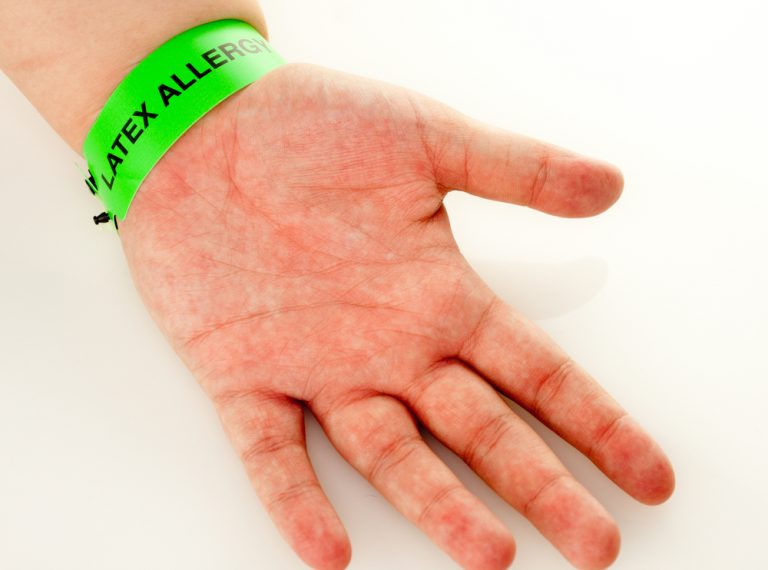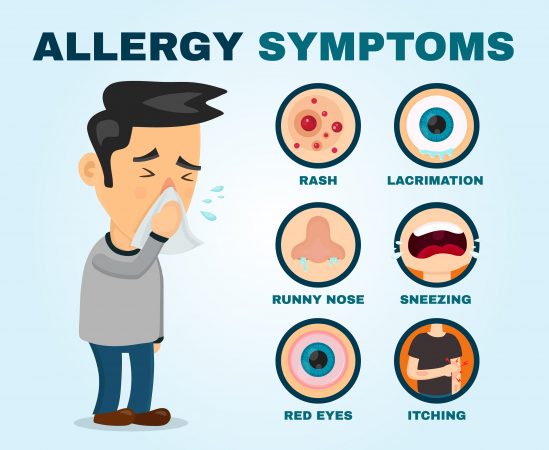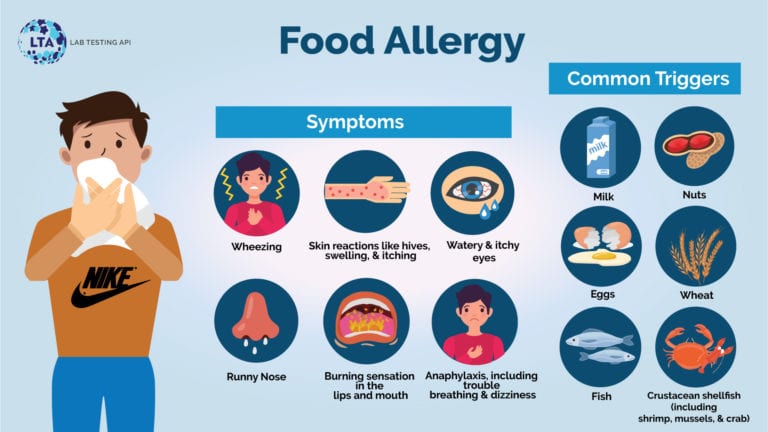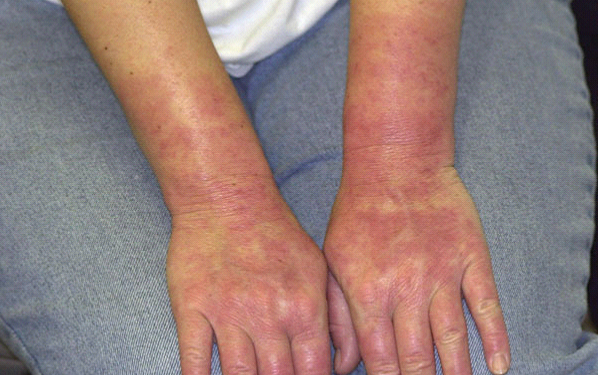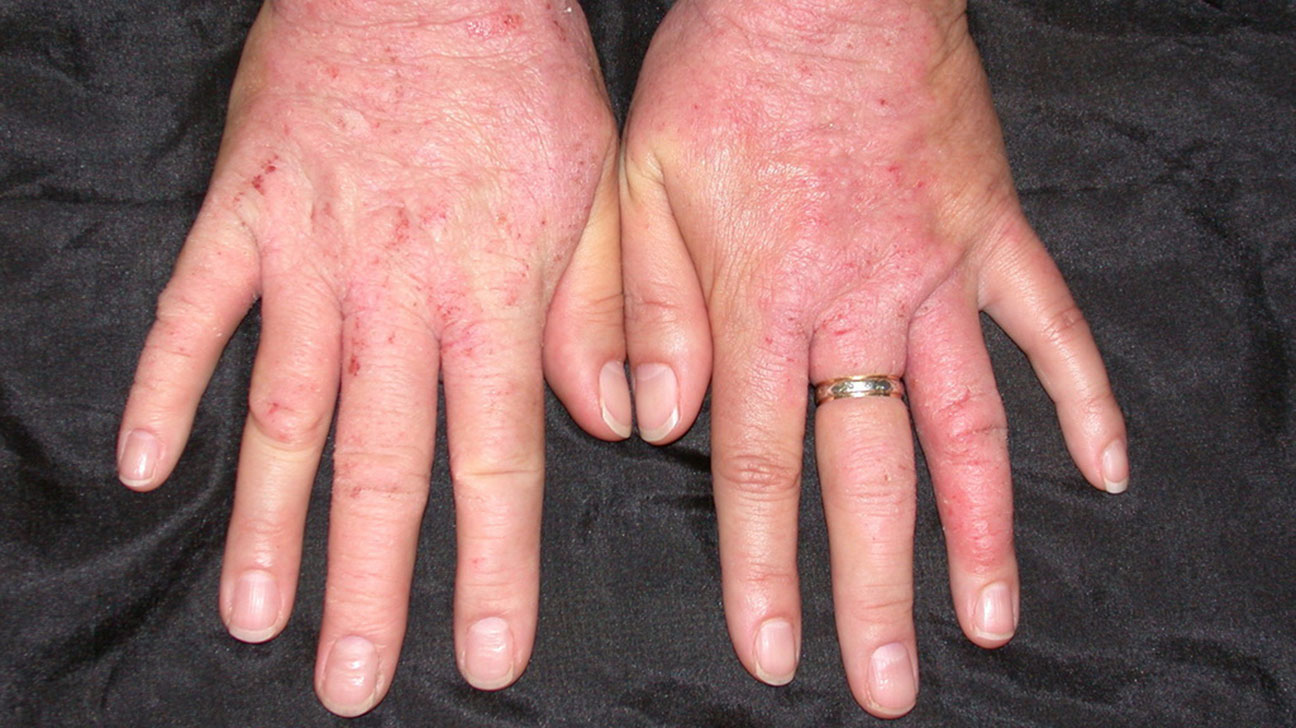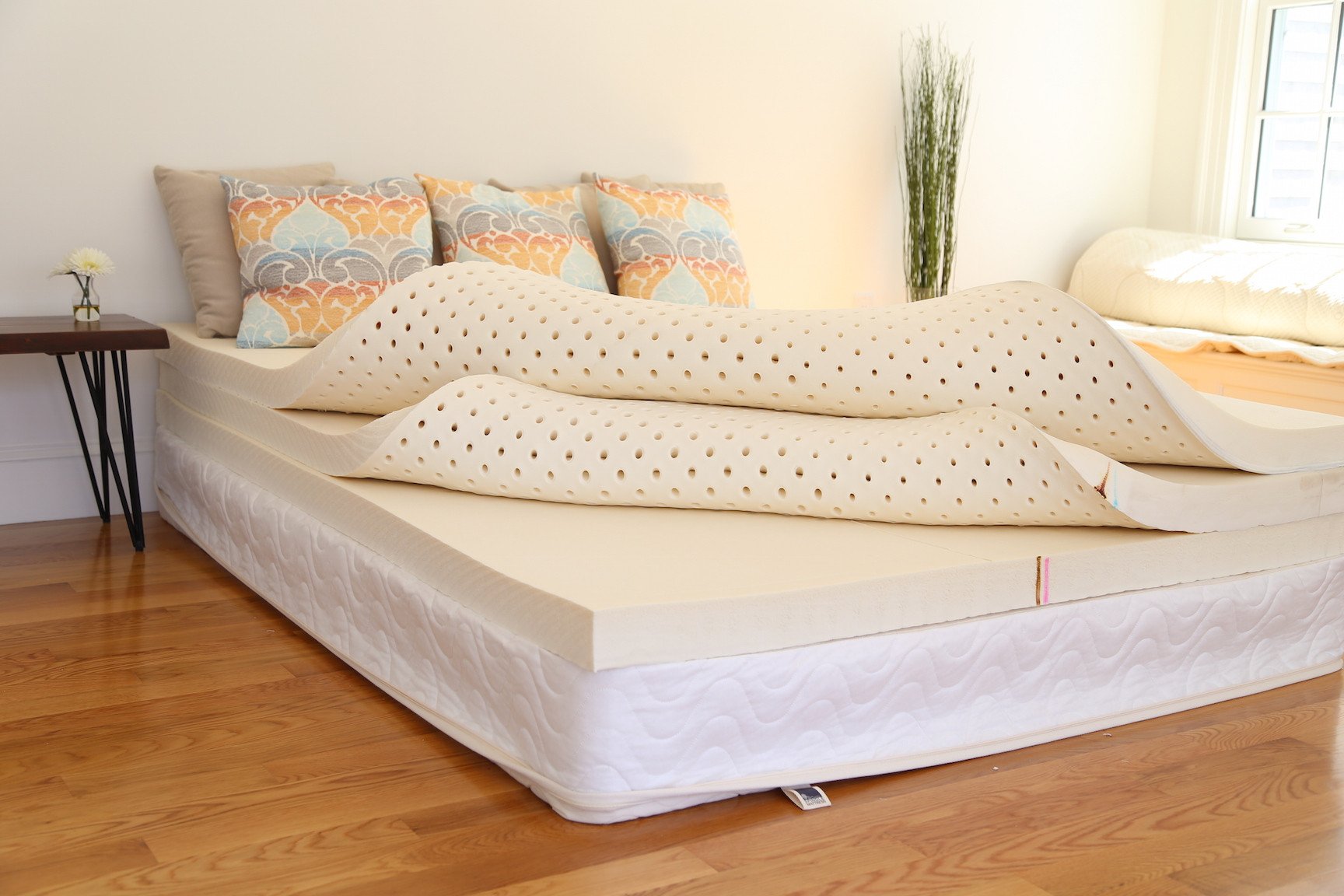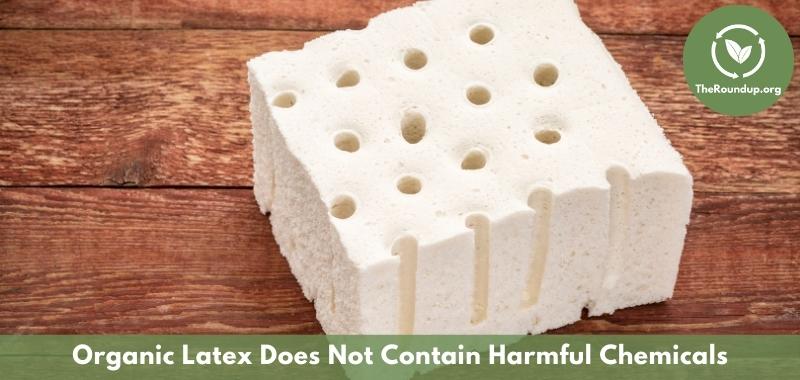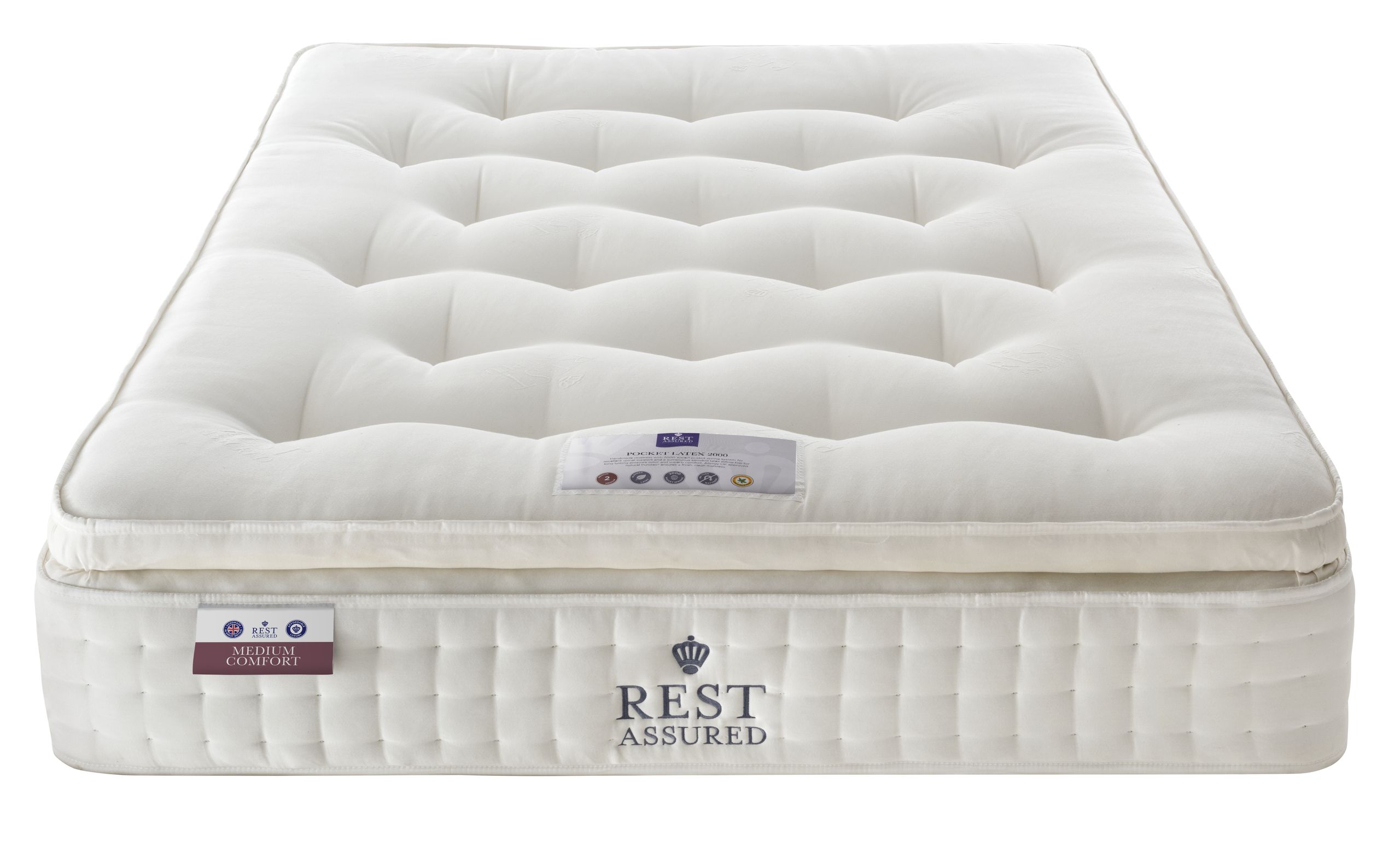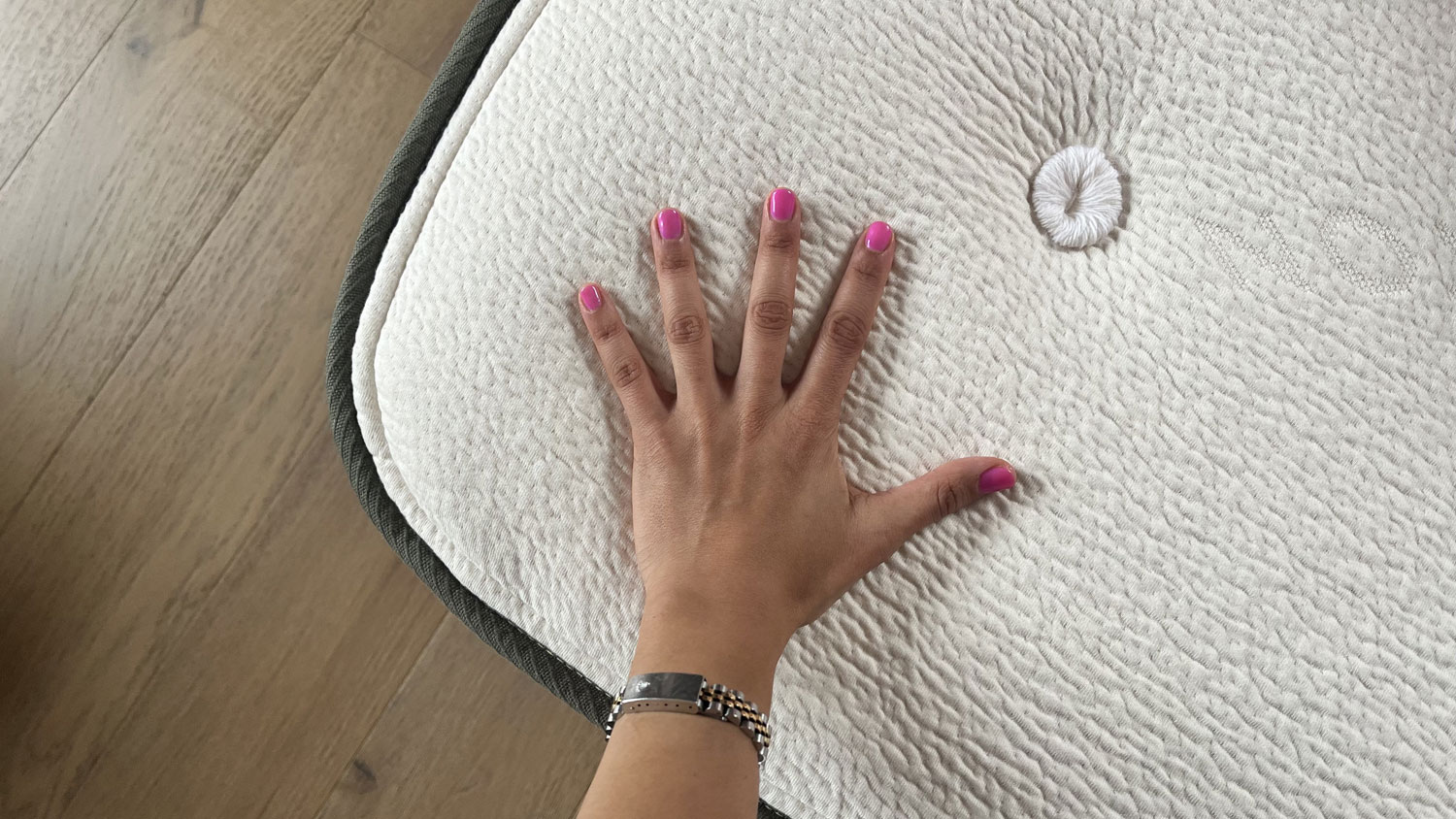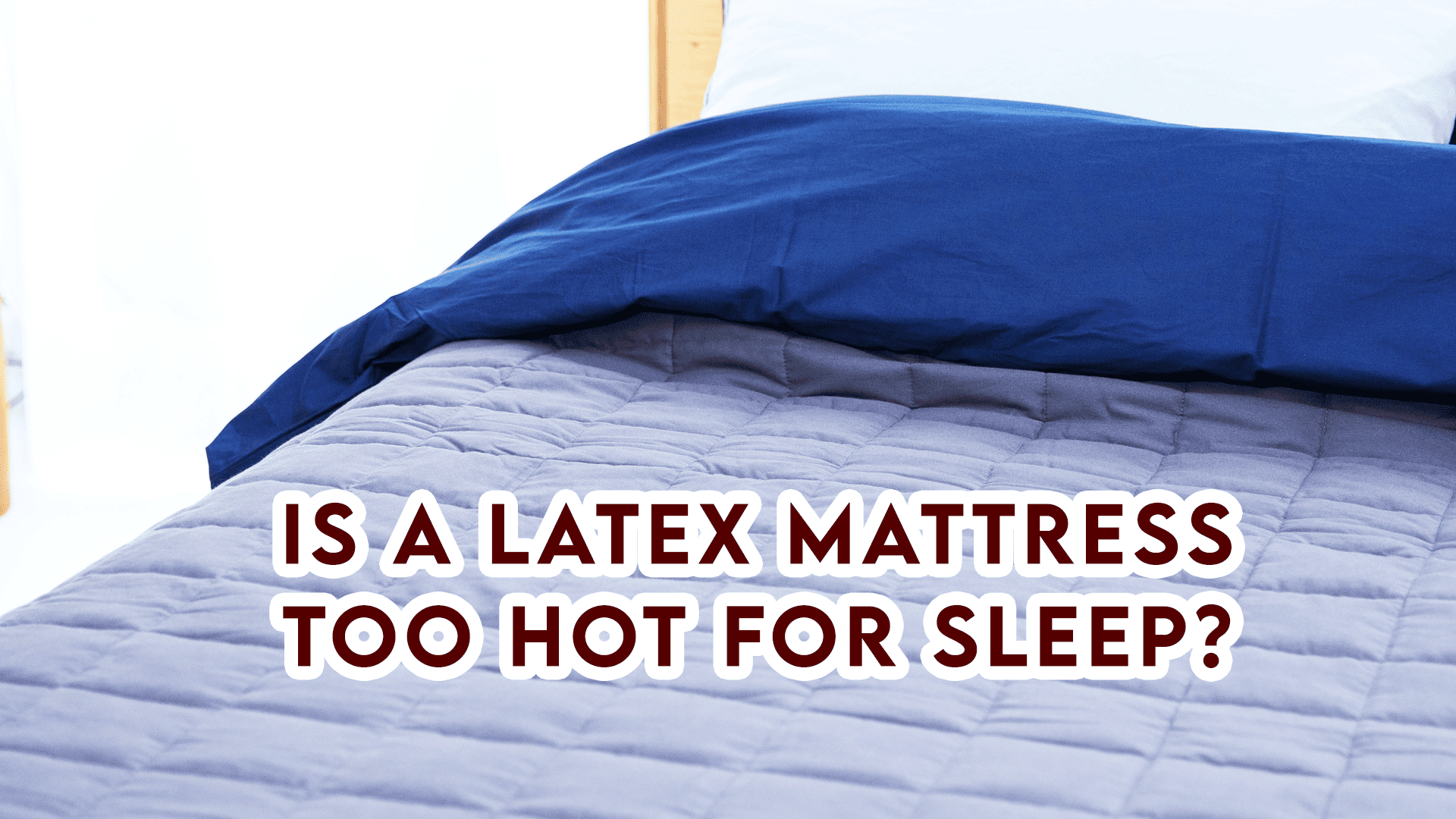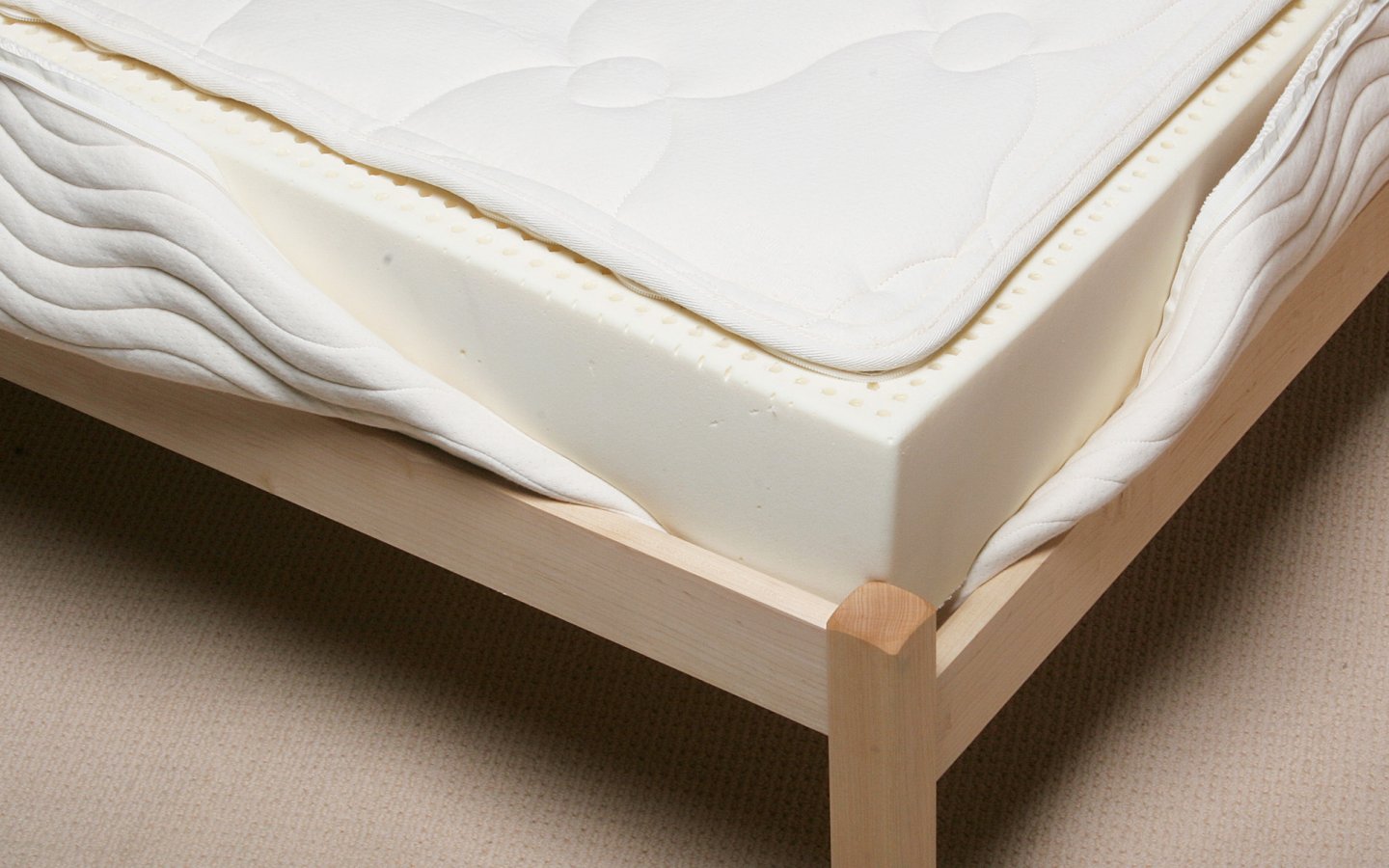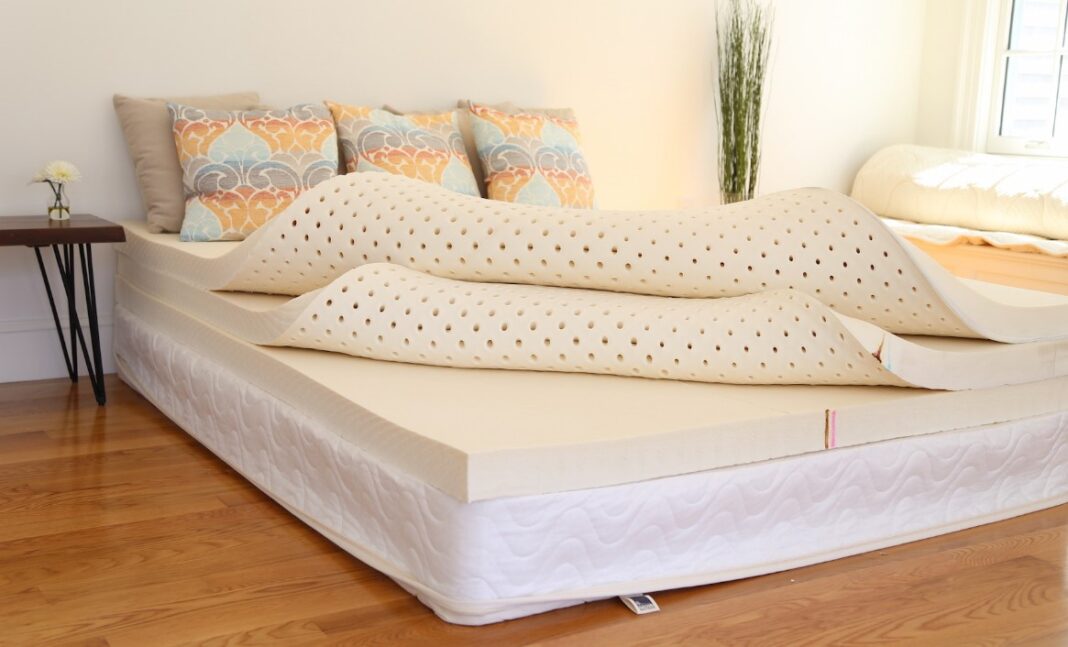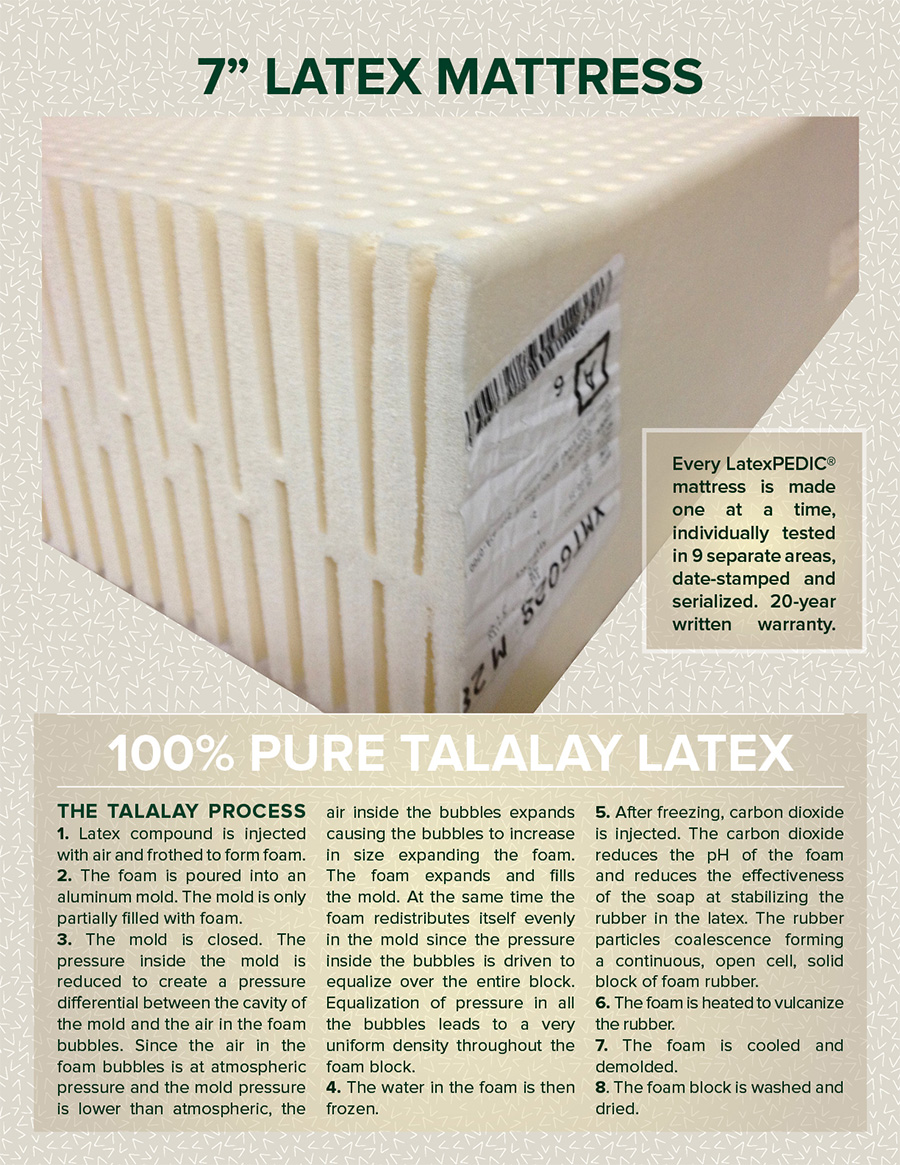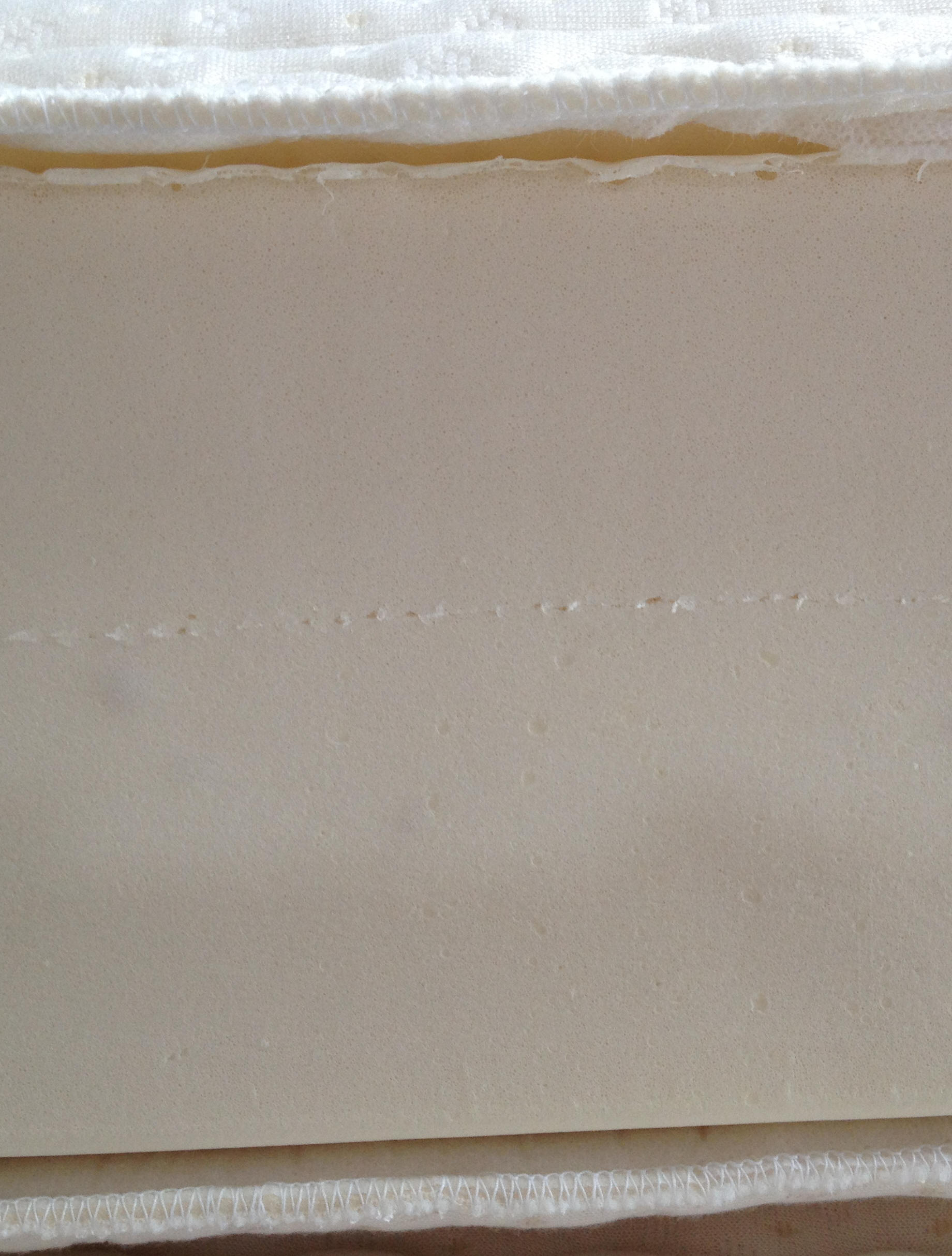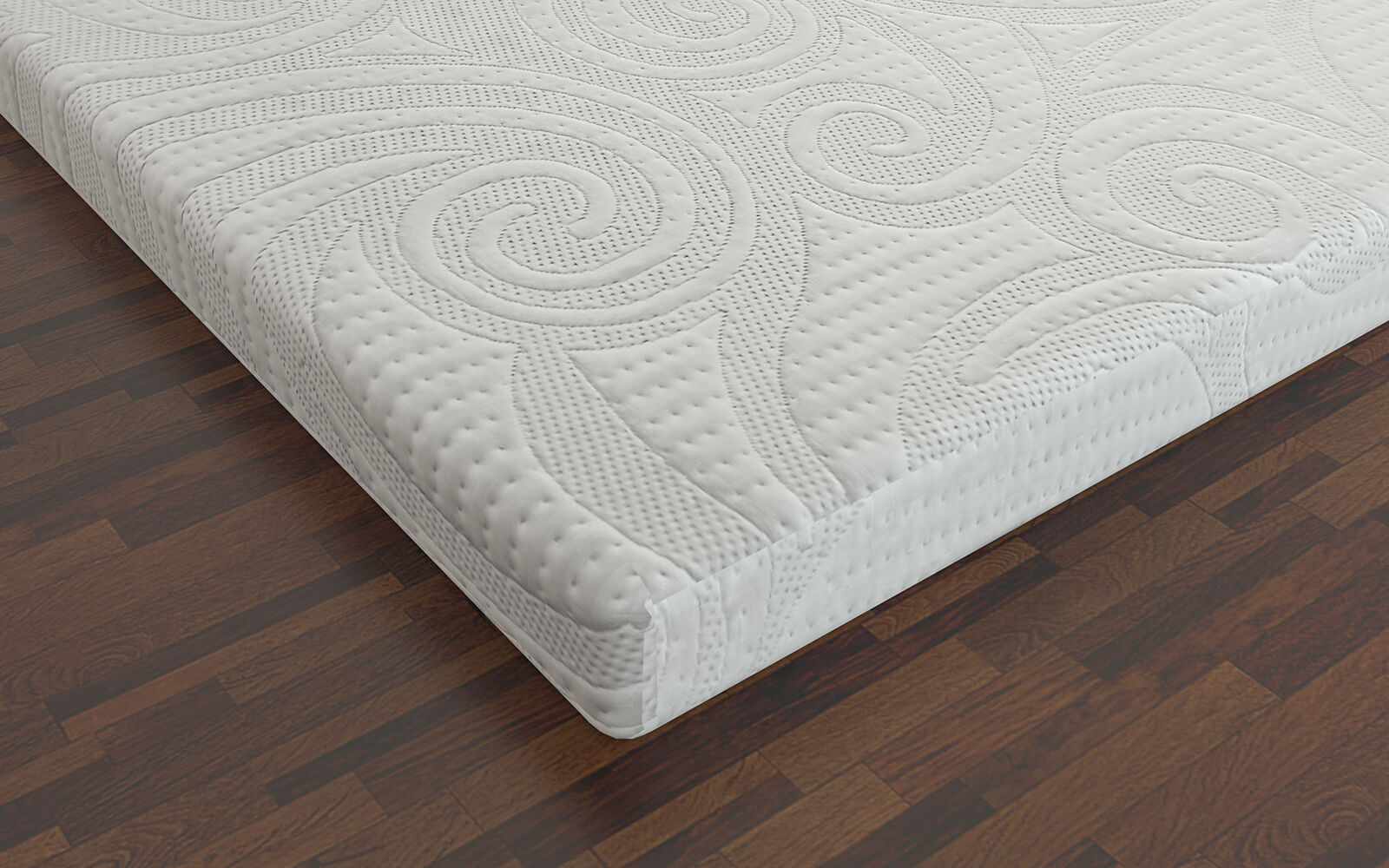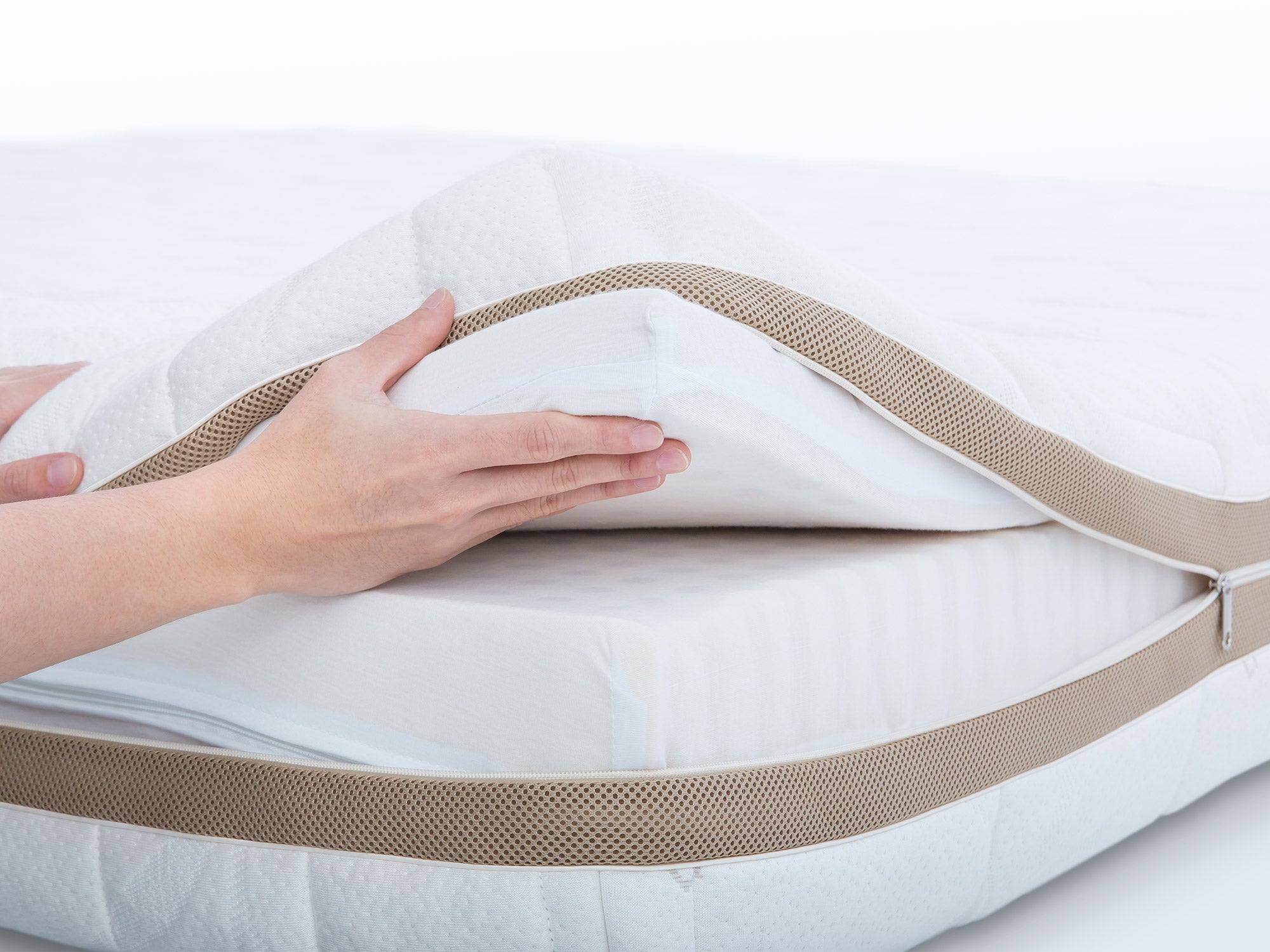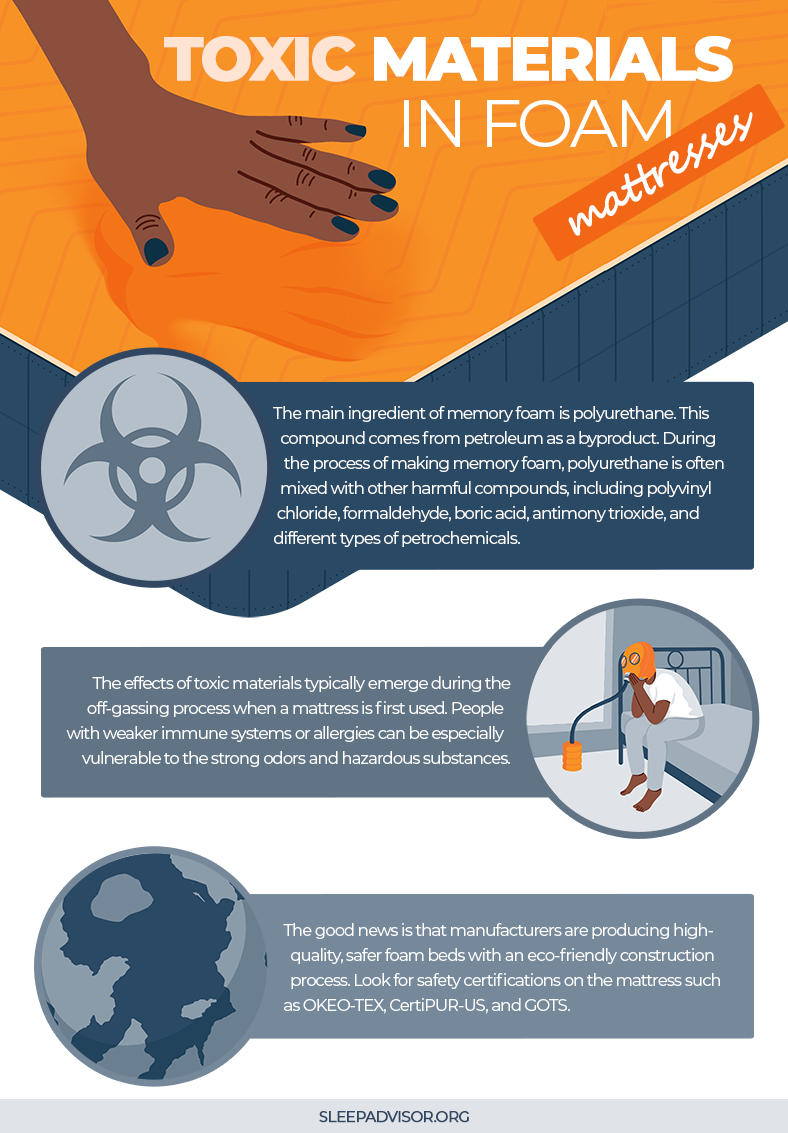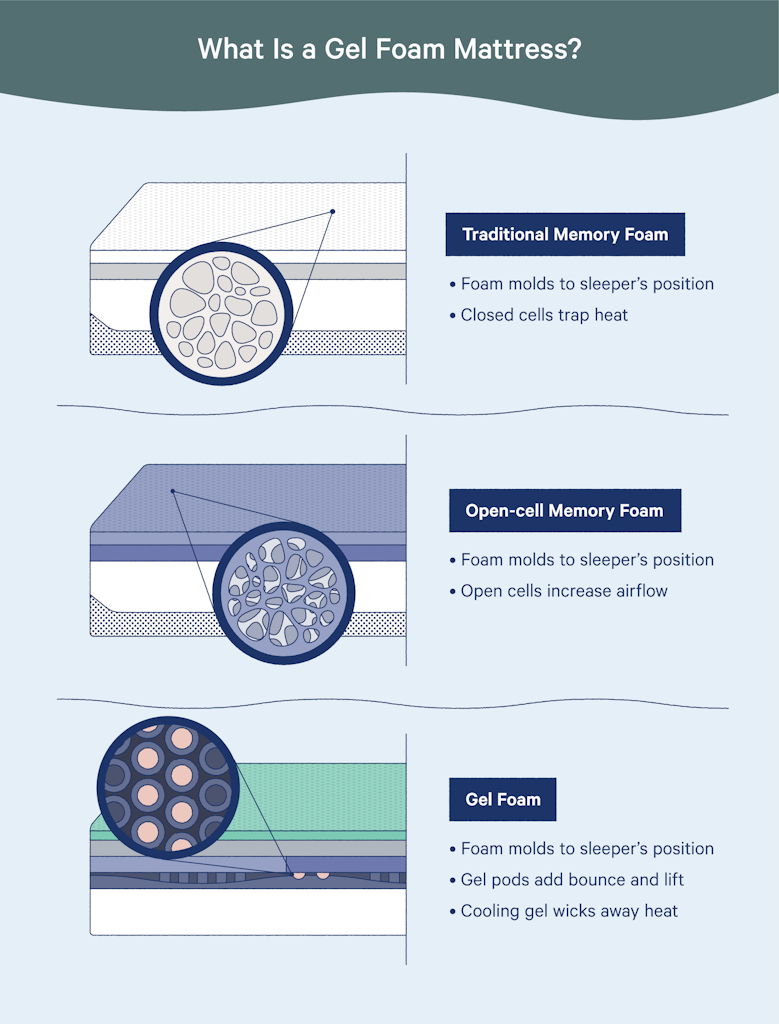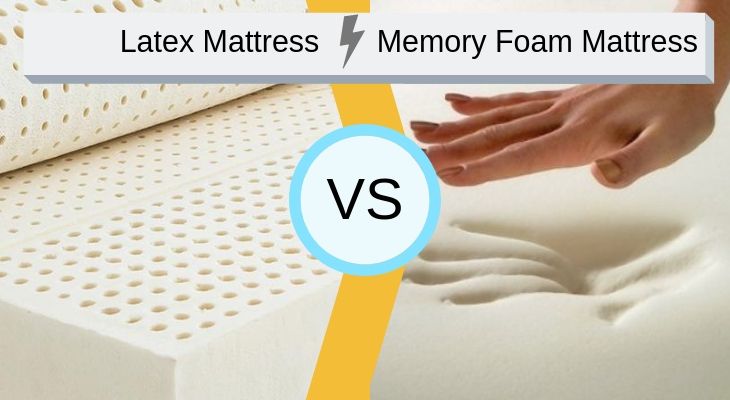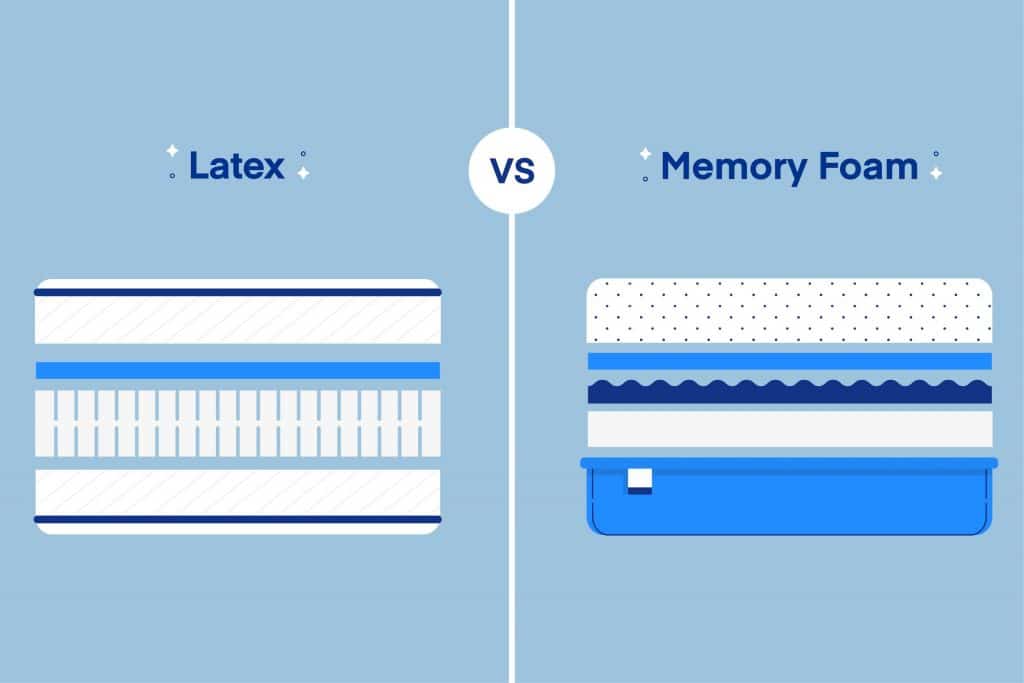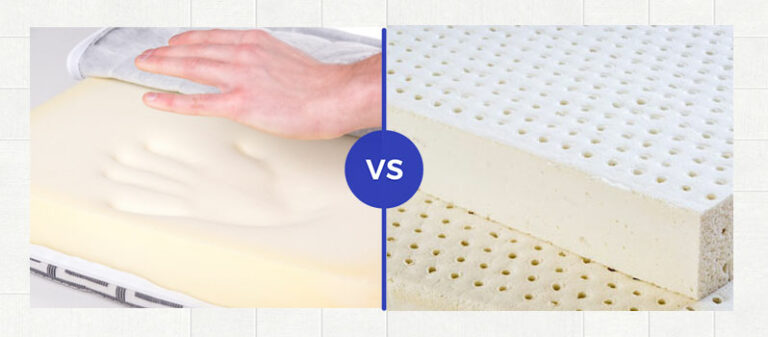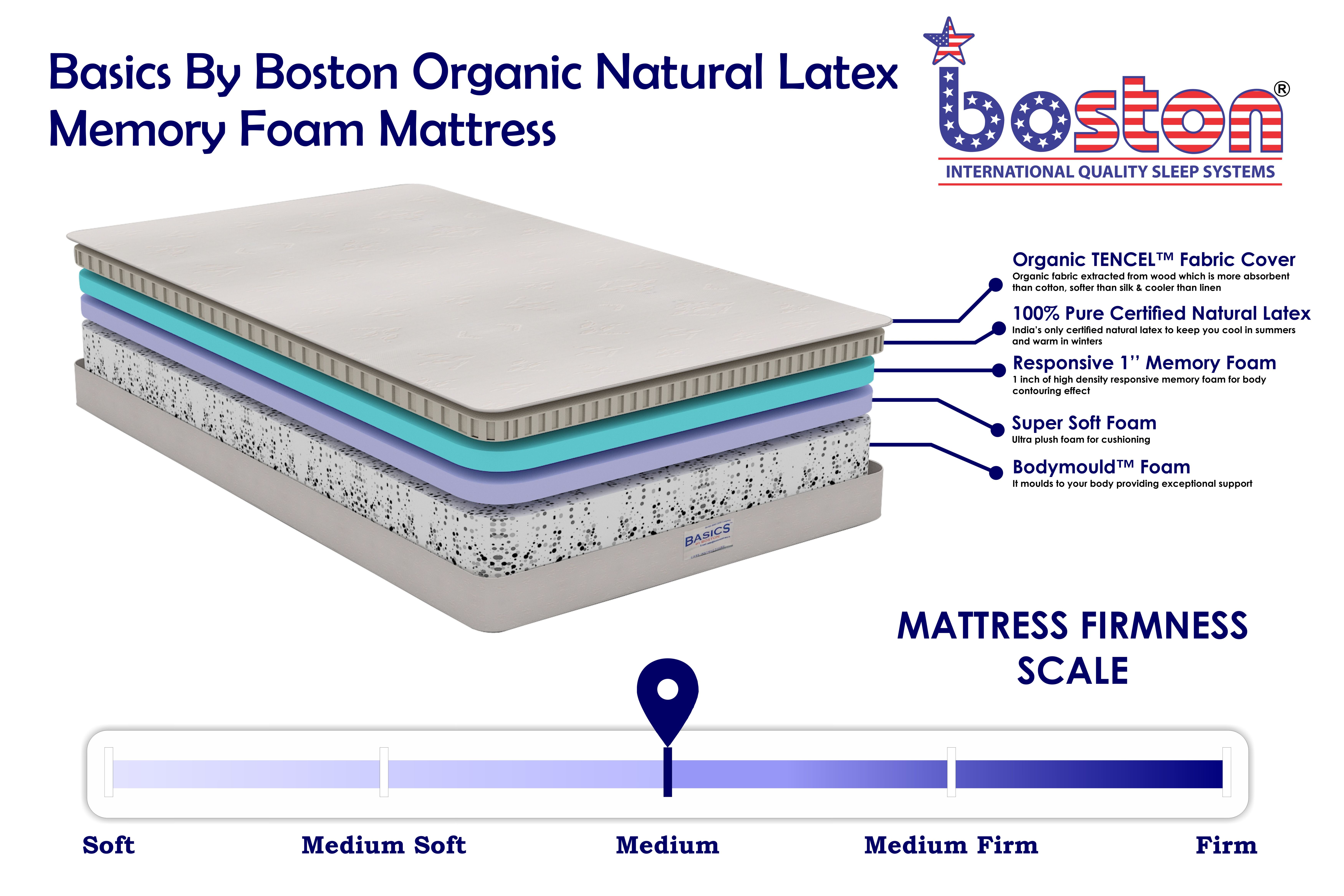If you have a latex allergy, it's important to be aware of the potential risks associated with using a latex mattress. Symptoms of a latex allergy can range from mild to severe and may include skin irritation, hives, itching, and difficulty breathing. If you experience any of these symptoms after coming into contact with latex, it's important to consult with your doctor to determine the cause and find a treatment plan. Latex allergies are caused by an immune response to the proteins found in natural rubber latex. This sensitivity can develop over time or can be present from birth. People with a history of allergies, such as hay fever or asthma, are more at risk for developing a latex allergy. Additionally, healthcare workers, as well as individuals who have had multiple surgeries, are also at an increased risk. Diagnosing a latex allergy can be done through a skin or blood test. Your doctor may also ask about your medical history and exposure to latex. If you are diagnosed with a latex allergy, the best course of action is to avoid contact with latex products, including latex mattresses. For those with a severe latex allergy, treatment may include carrying an epinephrine auto-injector in case of a severe reaction. In some cases, immunotherapy, or allergy shots, may be recommended to build up a tolerance to latex proteins over time.1. Latex Allergy: Symptoms, Causes, Diagnosis, and Treatment
There is a common misconception that latex mattresses are hypoallergenic and safe for those with latex allergies. However, this is not necessarily true. While latex mattresses are made with natural rubber latex, the proteins that can cause an allergic reaction are not completely removed during the manufacturing process. This means that even though latex mattresses are made with natural materials, they can still trigger an allergic reaction in those with a latex allergy. Additionally, some latex mattresses may contain synthetic latex, which can also cause an allergic reaction in some individuals. If you have a latex allergy, it's important to carefully read the materials used in the mattress and consult with your doctor before making a purchase. If you are unsure about the materials used, it's best to err on the side of caution and choose a different type of mattress.2. The Truth About Latex Mattresses and Allergies
Aside from the potential risk for those with latex allergies, latex mattresses are generally considered safe for the average person. They are often touted for their durability and support, making them a popular choice among those with back pain. However, there are some potential risks to be aware of. One concern with latex mattresses is their potential to off-gas harmful chemicals. This is especially true for mattresses made with synthetic latex, which can release volatile organic compounds (VOCs) into the air. These chemicals can cause respiratory irritation and may be harmful to those with existing health conditions. Additionally, latex mattresses can be heavy and difficult to move, which can be a concern for those with mobility issues. They also tend to be on the pricier side, which may make them a less accessible option for some individuals.3. Are Latex Mattresses Safe? What You Need to Know
As with any major purchase, it's important to weigh the pros and cons of a latex mattress before making a decision. Some of the main benefits of a latex mattress include their durability, support, and hypoallergenic properties (for those without latex allergies). They also tend to have a longer lifespan compared to traditional mattresses. On the other hand, some potential downsides of a latex mattress include their weight, cost, and potential off-gassing. They may also not be suitable for those with latex allergies or those who prefer a softer mattress. It's important to consider your individual needs and preferences when deciding if a latex mattress is right for you.4. Latex Mattress Pros and Cons: Are They Right for You?
While latex mattresses may offer some benefits, there are also potential dangers associated with sleeping on them. One of the main concerns is the potential for allergic reactions, as discussed earlier. Even for those without a latex allergy, the chemicals used in the manufacturing process can still be harmful. Another danger to be aware of is the potential for mold growth. Latex is a natural material and can be prone to mold if it becomes damp or exposed to high levels of moisture. This can be a concern for those living in humid climates or for those who are not diligent about keeping their mattress clean and dry.5. The Dangers of Sleeping on a Latex Mattress
While there are some potential risks associated with latex mattresses, there are also some potential health benefits. For example, latex mattresses are known for their ability to provide support and pressure relief, which can be beneficial for those with back pain or other musculoskeletal issues. Additionally, latex mattresses are naturally resistant to dust mites, mold, and mildew, making them a good option for those with allergies. They also tend to have a longer lifespan compared to other types of mattresses, which can save you money in the long run.6. Latex Mattress Health Benefits and Risks
One of the main selling points of latex mattresses is their ability to provide support for the body, particularly for the back. However, whether or not a latex mattress is bad for your back depends on your individual needs and preferences. For some individuals, the firmer surface of a latex mattress may provide the support and pressure relief they need for their back pain. However, for others who prefer a softer mattress, a latex mattress may not be the best choice. It's important to try out different types of mattresses and consult with your doctor before making a decision.7. Is a Latex Mattress Bad for Your Back?
As mentioned earlier, there are some concerns about the potential for latex mattresses to off-gas harmful chemicals. This is particularly true for mattresses made with synthetic latex, which may contain toxic chemicals such as formaldehyde and flame retardants. To avoid these chemicals and potential health risks, it's important to research the materials used in your latex mattress and look for certifications from third-party organizations, such as CertiPUR-US and GreenGuard, which ensure the mattress is made with safe and non-toxic materials.8. The Truth About Latex Mattresses and Toxic Chemicals
When it comes to choosing a mattress, the options can be overwhelming. Two popular choices are latex mattresses and memory foam mattresses. While both have their benefits, there are some differences to consider when it comes to your health. Latex mattresses are known for their support and durability, while memory foam mattresses conform to the body and provide pressure relief. Both can be good options for those with back pain or other health conditions. However, memory foam mattresses may have a higher risk of off-gassing, while latex mattresses may be more prone to mold growth.9. Latex Mattress vs Memory Foam: Which is Better for Your Health?
If you've decided that a latex mattress is the right choice for you, there are a few things to keep in mind when shopping for one. First, make sure the mattress is made with natural latex and not synthetic latex. Look for certifications from third-party organizations to ensure the mattress is made with safe and non-toxic materials. Additionally, consider the firmness level and thickness of the mattress. The ideal firmness and thickness will vary depending on your individual needs and preferences. It's also important to choose a reputable brand and read reviews from other customers to ensure you are getting a high-quality and safe mattress.10. How to Choose a Safe and Healthy Latex Mattress
The Dangers of Using a Latex Mattress

Understanding the Negative Effects on Your Health
 When it comes to choosing a mattress, many people are quick to go for the latest trend or the most popular option without considering the potential consequences. One of the most popular types of mattresses on the market today is the latex mattress. However, despite its widespread use, there are some serious concerns about the potential negative effects that using a latex mattress can have on your health.
Latex mattresses are made from synthetic materials that can release harmful chemicals into the air
, which can be particularly concerning for those who suffer from allergies or respiratory issues. These chemicals, known as volatile organic compounds (VOCs), have been linked to a range of health problems, including headaches, dizziness, and even more serious conditions such as asthma and cancer.
Inhaling these chemicals while you sleep can have a significant impact on your overall health and well-being.
Furthermore, latex mattresses are known to
trap heat and moisture,
creating the perfect environment for dust mites and mold to thrive. These microscopic creatures can cause a range of health issues, from skin irritation to respiratory problems. Even if you don't have allergies,
sleeping on a latex mattress can increase your risk of developing allergies or aggravate existing ones.
When it comes to choosing a mattress, many people are quick to go for the latest trend or the most popular option without considering the potential consequences. One of the most popular types of mattresses on the market today is the latex mattress. However, despite its widespread use, there are some serious concerns about the potential negative effects that using a latex mattress can have on your health.
Latex mattresses are made from synthetic materials that can release harmful chemicals into the air
, which can be particularly concerning for those who suffer from allergies or respiratory issues. These chemicals, known as volatile organic compounds (VOCs), have been linked to a range of health problems, including headaches, dizziness, and even more serious conditions such as asthma and cancer.
Inhaling these chemicals while you sleep can have a significant impact on your overall health and well-being.
Furthermore, latex mattresses are known to
trap heat and moisture,
creating the perfect environment for dust mites and mold to thrive. These microscopic creatures can cause a range of health issues, from skin irritation to respiratory problems. Even if you don't have allergies,
sleeping on a latex mattress can increase your risk of developing allergies or aggravate existing ones.
Consider Eco-Friendly and Healthier Alternatives
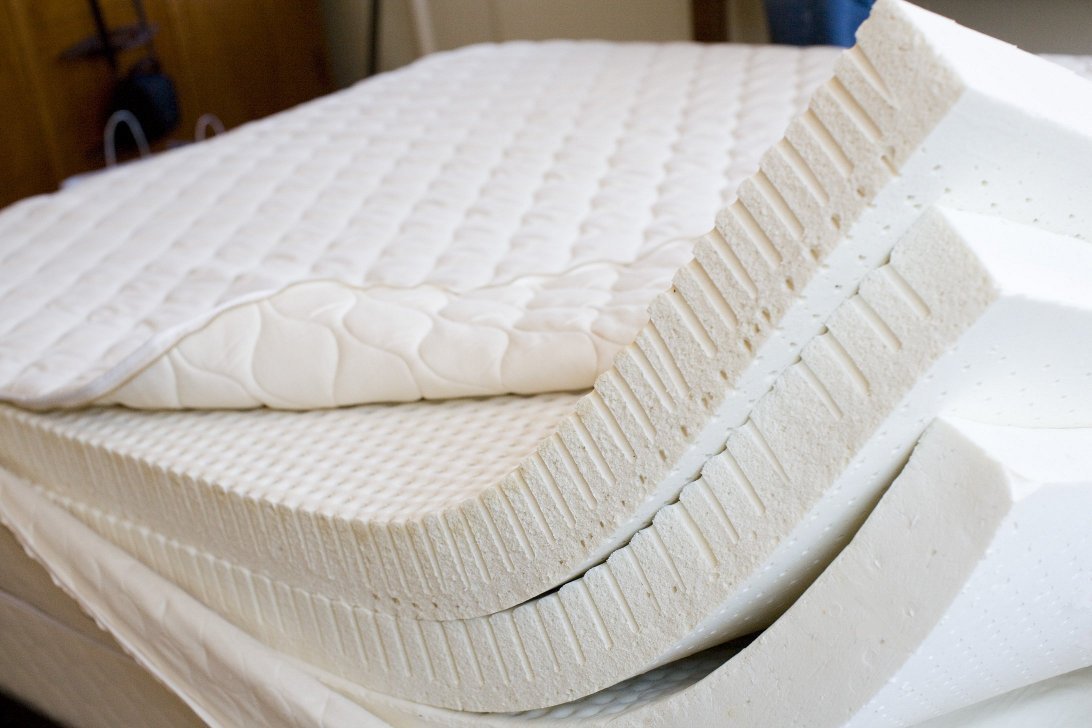 If you're concerned about the potential negative effects of using a latex mattress, there are plenty of eco-friendly and healthier alternatives available.
Organic cotton, wool, and natural latex are all great options that are free from harmful chemicals and can provide a comfortable and supportive sleep surface.
These materials are also more breathable, making them less likely to trap heat and moisture and create a breeding ground for bacteria and allergens.
Additionally,
choosing a mattress made from organic or natural materials can have a positive impact on the environment.
These materials are sustainably sourced and biodegradable, meaning they won't contribute to pollution or harm the planet like synthetic materials do.
In conclusion, while latex mattresses may be popular, it's important to
consider the potential negative effects on your health and the environment.
By opting for eco-friendly and healthier alternatives, you can ensure a good night's sleep without compromising on your well-being. Don't sacrifice your health for the latest trend in mattress design – choose a mattress that prioritizes your well-being and the planet.
If you're concerned about the potential negative effects of using a latex mattress, there are plenty of eco-friendly and healthier alternatives available.
Organic cotton, wool, and natural latex are all great options that are free from harmful chemicals and can provide a comfortable and supportive sleep surface.
These materials are also more breathable, making them less likely to trap heat and moisture and create a breeding ground for bacteria and allergens.
Additionally,
choosing a mattress made from organic or natural materials can have a positive impact on the environment.
These materials are sustainably sourced and biodegradable, meaning they won't contribute to pollution or harm the planet like synthetic materials do.
In conclusion, while latex mattresses may be popular, it's important to
consider the potential negative effects on your health and the environment.
By opting for eco-friendly and healthier alternatives, you can ensure a good night's sleep without compromising on your well-being. Don't sacrifice your health for the latest trend in mattress design – choose a mattress that prioritizes your well-being and the planet.



